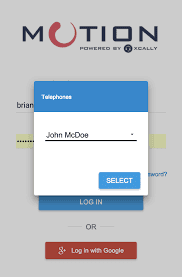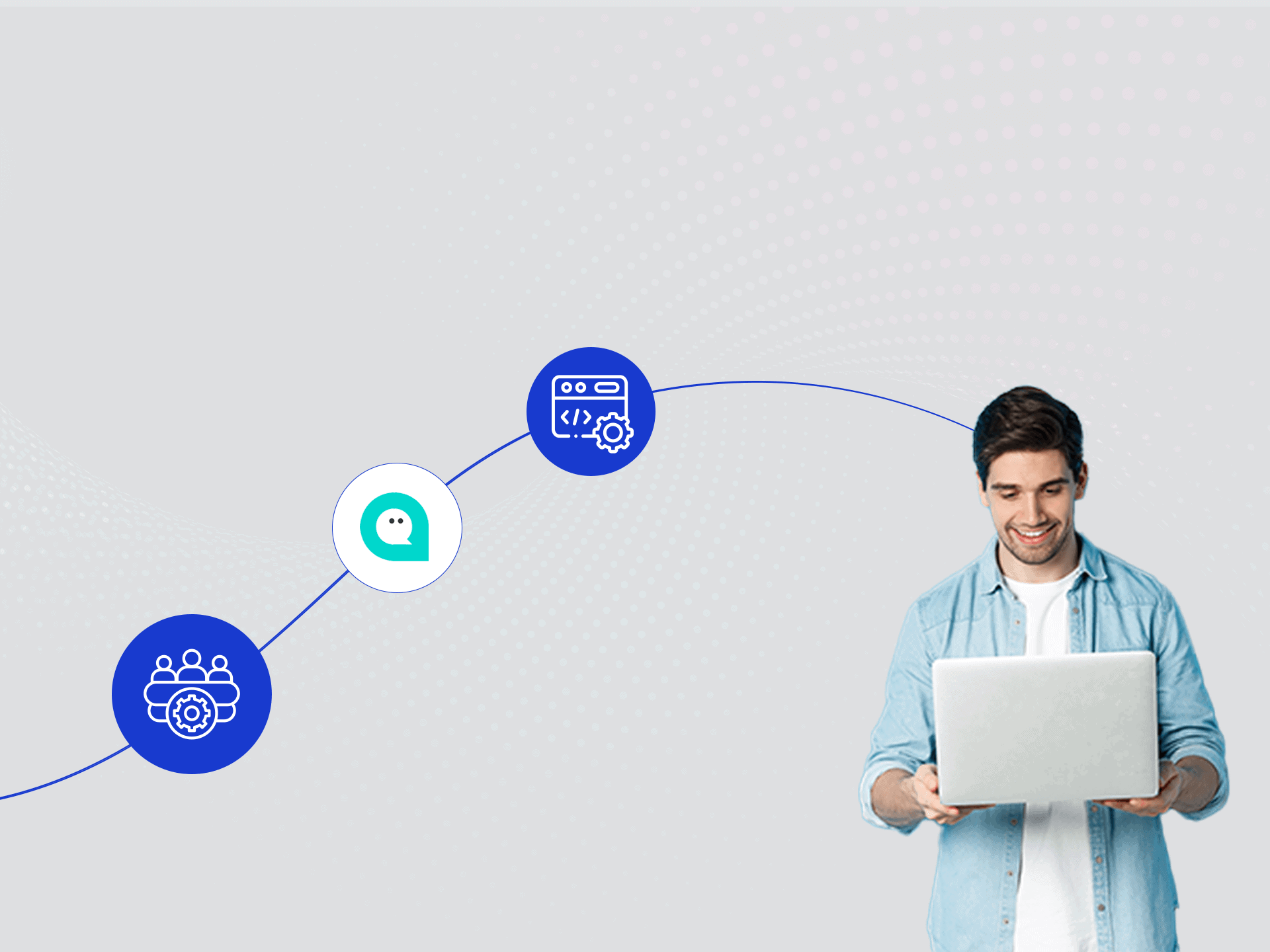Hot desking is a work practice that is becoming increasingly popular in many companies that have a modern approach to the world of work. This method involves assigning flexible workstations to employees, which they can only use for the necessary period of time.
Advantages of hot desking
Hot desking is an ideal solution for companies looking to optimize available office space and reduce management costs. In addition, the use of common spaces in an "agile" perspective offers employees a more dynamic and stimulating work environment, increasing overall efficiency.
Flexibility, collaboration, and environmental impact reduction
One of the main advantages of hot desking is flexibility. Employees can choose the most suitable workstation for their needs based on the activities they need to perform during the day. This way, they can work in a more comfortable and productive environment, improving their efficiency and the quality of their work.
In addition, hot desking offers the opportunity to work in a more collaborative and creative environment. Working closely with colleagues from other departments makes it easier to share knowledge and ideas. This fosters the creation of a much more engaging and lively work environment, which can lead to new ideas and innovative projects.
Hot desking is also an ideal solution for companies looking to reduce the environmental impact of their activities. Thanks to the flexibility of workstations, it is possible to reduce energy consumption and office supplies that are often used incorrectly or carelessly.
Criticism that hot desking can present
However, hot desking can also be difficult to apply in some contexts. Not all employees may accept the idea of not having a fixed workstation, without being able to personalize their work environment and create a sense of belonging to a particular work group.
Hot desking could create privacy and security issues, especially if employees have to share computers and other resources and have difficulty finding a free spot.
Hot desking: how to solve difficulties and improve employee productivity
To minimize these risks, companies that adopt hot desking must provide clear and transparent rules and procedures. For example, reserved workstations could be provided for certain employees, such as managers or workers who deal with sensitive data.
Another step towards optimizing corporate hot desking could be to adopt a workstation booking system to avoid chaos, create spaces dedicated to private calls and meetings, and provide noise-cancelling headphones to reduce distractions.
Finally, it is important to promote a corporate culture that favors collaboration and resource sharing, in order to make hot desking a positive and productive experience for everyone.
XCALLY and the Hot Desk feature
XCALLY, the omnichannel contact center management software, allows you to activate the Hot Desk feature: agents who share the same desk during different shifts can use the same external phone.
The agent will be able to log in, log out, pause/restore from the Web Interface.
The administrator must set the Agent type as "External" and enable the "Hot Desk" feature (available from version 2.0.77 of XCALLY Motion) for the specific agent: when this option is activated, at the time of login, the agent can select which of the registered available phones they want to be associated with.
The phone will be associated with the Agent until they log out from Motion.
The hot desking feature was co-sponsored by Nautilus Network, our XCALLY partner in Singapore.




